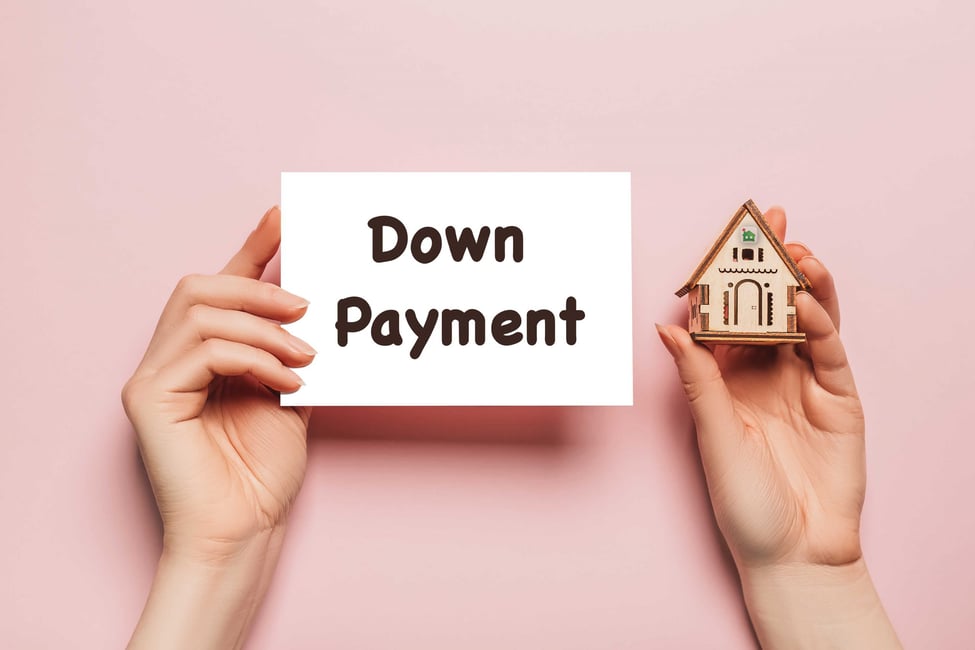Let’s be honest—when people ask, “How much is a down payment on a house?” they’re kind of asking the wrong question.
What you really want to know is:
“How much is the down payment for the home I want, in the area I’m looking?”
Because just like homes, down payments aren’t one-size-fits-all.
Let’s break it down.
What’s a “Good” Down Payment Anyway?
A good down payment is the one your mortgage pre-approval says is realistic for you, based on your finances and what kind of property you’re buying.
That said, here are the minimums you need to know:
If the home is under $500,000, the minimum down payment is 5 percent.
Between $500,000 and $999,999? It’s 5 percent on the first $500,000, and 10 percent on the rest.
Buying at $1 million or more? You’re looking at a flat 20 percent minimum.
And if you’re shopping north of $2 million, yes—it’s still 20 percent, and there’s no way around that.
Why Location (Still) Matters
The down payment amount depends on the purchase price, and the purchase price depends on where—and what—you’re buying. Here’s a quick snapshot of average prices from May 2025:
Detached homes in the GTA (Durham, Peel, Halton): $1,425,264
Detached homes in Toronto proper (including Scarborough and Etobicoke): $1,719,937
Condos in the GTA: $683,413
Condos in Toronto: $709,905
Which means:
A condo down payment ranges from $38,277 to $45,990
A detached home down payment ranges from $117,526 to $146,993
So if you're looking for an average down payment number for Ontario—it doesn’t really exist. There are too many variables. It all comes down to where you want to live and what kind of property you’re going for.
How to Come Up with a Down Payment
This is the part that really matters. If you’re serious about buying, here are a few smart strategies that can help you get there faster:
1. Understand the government programs available.
There are two big ones worth looking into:
Home Buyers' Plan (HBP): You can borrow up to $60,000 from your RRSP tax-free if you're a first-time buyer.
First Home Savings Account (FHSA): Save up to $40,000 tax-free, with an $8,000 annual contribution limit. It’s like an RRSP and TFSA had a baby, and it's made for your first home.
2. Shift your mindset to saving mode.
This one’s tough, but it works. Look at your current spending and ask yourself: what’s a “need” and what’s a “nice-to-have”? Cutting back on travel or dining out could make a real difference. Even skipping your daily coffee run adds up faster than you think.
3. Have a real estate game plan.
Your goals matter. If getting into the market quickly is your priority, you might start with a condo in a more affordable neighbourhood. If you're holding out for a detached home in a top-tier area, just know that you’ll be saving longer—and prices might rise while you wait.
4. Pay down debt.
The less debt you’re carrying, the easier it is to qualify for a mortgage—and the more money you’ll be able to save. Start with your smallest debts, and roll those payments into the next one as you go. It works.
5. Consider the Bank of Mom and Dad.
Not everyone loves asking their parents for help, but for many first-time buyers, it’s part of the plan. Whether it’s a gift, a loan, or a future inheritance used early, it’s often the difference between buying now or waiting years.
The Bottom Line
Down payments aren’t about averages—they’re about your price point, in your market, on your timeline.
If you're not sure where to start, talk to a real estate team who knows your area and get a mortgage pre-approval. That’ll give you the clarity you need to figure out what’s possible—and how to get there.
Still have questions? I’ve got answers. Check out these posts next:
Who Pays Land Transfer Tax in Ontario
Rent vs. Buy: Toronto Edition
How Much Does it Cost to Own a Home in Toronto
How Interest Rates Affect Home Prices in Canada
How to Buy an Affordable Home in Toronto
Can You Skip Buying a Starter Home in Toronto
How to Protect Yourself Against Real Estate Fraud in Toronto

